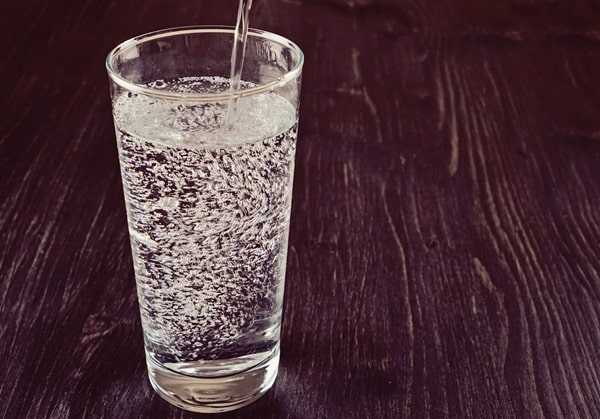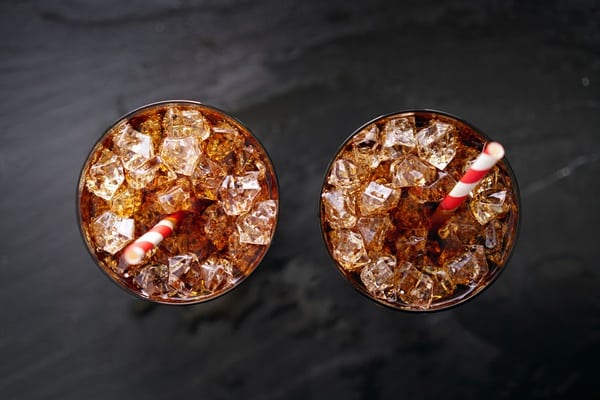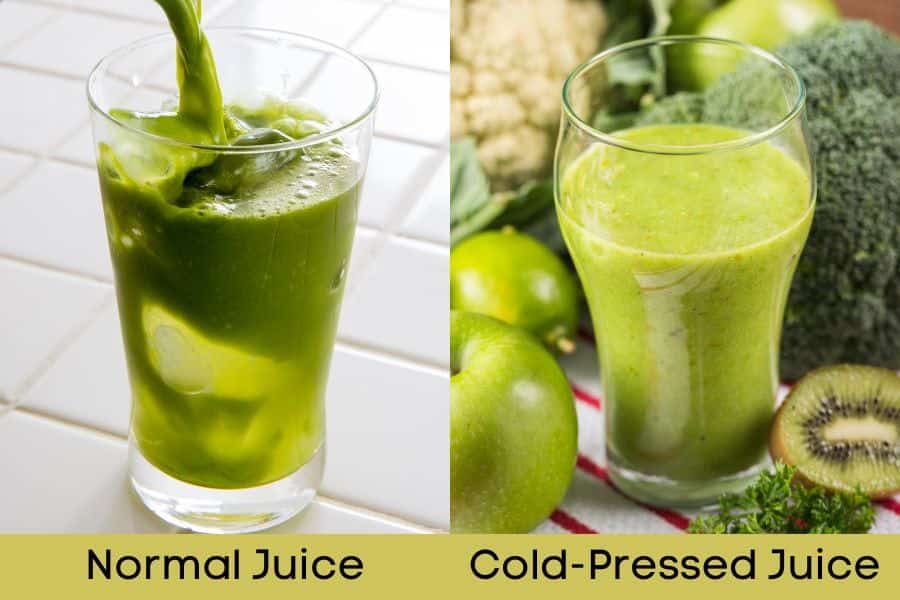Sparkling water, with its effervescent charm and variety of flavors, has surged in popularity as a refreshing alternative to still water and sugary drinks. This fizzy beverage, often seen as a healthier choice, is surrounded by a mix of opinions regarding its impact on health. While some tout its benefits, others raise concerns about its effects on dental and bone health. This article delves into the heart of this sparkling debate, examining the facts behind the fizz. From its nutritional profile to environmental impacts, this exploration aims to provide a comprehensive understanding of sparkling water, helping you make an informed choice about including it in your diet.
Contents
What Is Sparkling Water?

Sparkling water, often synonymous with effervescence and refreshment, is essentially water that contains dissolved carbon dioxide gas, either naturally occurring or artificially added. It comes in various forms, including natural mineral water, club soda, tonic water, and flavored sparkling varieties. Each type offers a unique taste and experience, with natural mineral water often sourced from springs or wells imbued with minerals like calcium and magnesium. The process of carbonation, which involves dissolving carbon dioxide gas under pressure, creates the characteristic bubbles that make this beverage distinct from its still water counterpart.
The history of sparkling water is as intriguing as its fizzy texture. Initially discovered in natural mineral springs, it was historically sought after for its supposed healing properties. Today, the production of sparkling water combines advanced technology with a variety of flavorings to cater to diverse palates. The evolution from a luxury item in spas to a staple in household refrigerators marks the growing appeal of this effervescent drink. Its versatility, from being a standalone beverage to a mixer in cocktails, further adds to its widespread popularity.
Nutritional Profile

When considering the nutritional aspect of sparkling water, it’s crucial to note that it generally contains zero calories, making it a guilt-free alternative to sugary sodas. Unlike soft drinks, sparkling water does not contribute to calorie intake, an essential factor for those monitoring their weight. For flavored varieties, it’s important to check for added sugars or artificial sweeteners, which can alter its nutritional value. However, most sparkling waters maintain a minimal ingredient list, focusing on simplicity and health.
In contrast to regular still water, some types of sparkling water, particularly natural mineral waters, can be a source of minerals. These minerals, such as calcium and magnesium, are naturally occurring and can contribute to the daily dietary intake of these essential nutrients. However, the mineral content can vary significantly depending on the source of the water. It’s also worth noting that the presence of these minerals does not significantly alter the overall health benefits of the water, as the quantities are typically quite small compared to daily requirements.
Benefits Of Drinking Sparkling Water

One of the primary benefits of sparkling water is its ability to hydrate the body just as effectively as still water. This is particularly beneficial for those who find the taste of regular water bland and are looking for a more palatable option to meet their hydration needs. The sensation of the bubbles can also make the drinking experience more enjoyable, potentially encouraging increased water intake.
Additionally, sparkling water has been noted for its potential benefits in aiding digestion and providing relief from constipation. The carbonation in sparkling water can stimulate the digestive system, helping to ease symptoms of indigestion. Some studies suggest that the consumption of carbonated water may improve swallowing ability and reduce constipation. It’s also a calorie-free beverage, making it a smart choice for those who are watching their weight. The feeling of fullness that carbonated water can provide may help in reducing overall food intake, aiding in weight management efforts.
Common Myths And Misconceptions

There are several myths surrounding sparkling water, particularly concerning its impact on bone density. Some believe that the carbonation in sparkling water can lead to decreased bone health. However, scientific studies have shown that carbonated water does not affect bone density or significantly increase the risk of osteoporosis. The confusion often arises from the association with carbonated soft drinks, which have been linked to lower bone density, but this is due to other ingredients like phosphoric acid and caffeine, not the carbonation itself.
Another common concern is the potential for sparkling water to erode tooth enamel. While it’s true that sparkling water is slightly more acidic than still water, its effect on tooth enamel is minimal, especially when compared to the damage caused by sugary sodas and fruit juices. Regular consumption of sparkling water is not likely to pose a significant risk to dental health. However, it’s always advisable to consume it in moderation and practice good dental hygiene, such as rinsing the mouth with water after drinking acidic beverages, to minimize any potential risks.
Sparkling Water And Dental Health

The interaction between sparkling water and dental health is a nuanced topic. While sparkling water is indeed more acidic than still water due to carbonation, its acidity is considerably lower than that of sugary sodas and certain fruit juices. The main concern with acidic beverages is their potential to erode tooth enamel. However, research indicates that the level of acidity in sparkling water is generally low enough to pose minimal risk to dental enamel, particularly when consumed responsibly.
Nevertheless, it’s essential to be mindful of the type of sparkling water you’re drinking. Flavored varieties, especially those with added sugars or citric acid, can be more harmful to teeth. Dental experts often suggest choosing plain sparkling water and avoiding prolonged and frequent sipping to reduce acid exposure. Rinsing with plain water after drinking sparkling water can help neutralize any remaining acidity in the mouth. Maintaining good oral hygiene, including regular brushing and flossing, is also vital for dental health when enjoying these fizzy drinks.
Sparkling Water Vs. Other Beverages

Comparing sparkling water to other common beverages sheds light on its position in a healthy diet. When juxtaposed with sugary sodas, energy drinks, and even fruit juices, sparkling water generally emerges as a healthier choice due to its low calorie and sugar content. This makes it an excellent alternative for those looking to reduce sugar intake or manage weight, without sacrificing the pleasure of a flavored drink.
However, it’s also important to consider how sparkling water stacks up against still water, the gold standard for hydration. While sparkling water offers the same hydration benefits, the added carbonation can cause bloating or discomfort for some individuals. For athletes or those engaged in intense physical activities, still water might be a more suitable choice for rapid and efficient hydration. Understanding these comparative aspects helps in making balanced decisions about beverage choices in different contexts and for various health goals.
Choosing The Right Sparkling Water

Selecting the most suitable sparkling water involves considering various factors to align with personal health and dietary preferences. The market is flooded with a spectrum of sparkling waters, from unflavored to a myriad of flavored options, each with distinct ingredients and nutritional values. For individuals monitoring sugar intake, scrutinizing labels for added sugars or artificial sweeteners is crucial. Some flavored sparkling waters can contain high sugar levels, potentially offsetting the health benefits of choosing water over sugary beverages.
Another key factor is the sodium content. While some sparkling waters are low in sodium, others may contain higher levels, which could be a concern for individuals with high blood pressure or those following a low-sodium diet. Additionally, for those sensitive to artificial additives or seeking more natural options, it’s important to look for sparkling waters with minimal ingredients and no artificial flavors or preservatives. Understanding these nuances can guide consumers in making informed choices that cater to their specific health needs and taste preferences.
Sip Smarter With These Sparkling Insights!
Sparkling water presents a fascinating blend of benefits and considerations. While it offers a healthier alternative to sugary drinks and an enjoyable way to stay hydrated, it’s essential to be mindful of its dental and environmental impacts. By choosing the right type of sparkling water and consuming it responsibly, you can enjoy its fizz without worry. Now, take the next step: explore the sparkling water aisle with informed eyes, select a variety that suits your taste and health needs, and enjoy the refreshing experience it offers.


